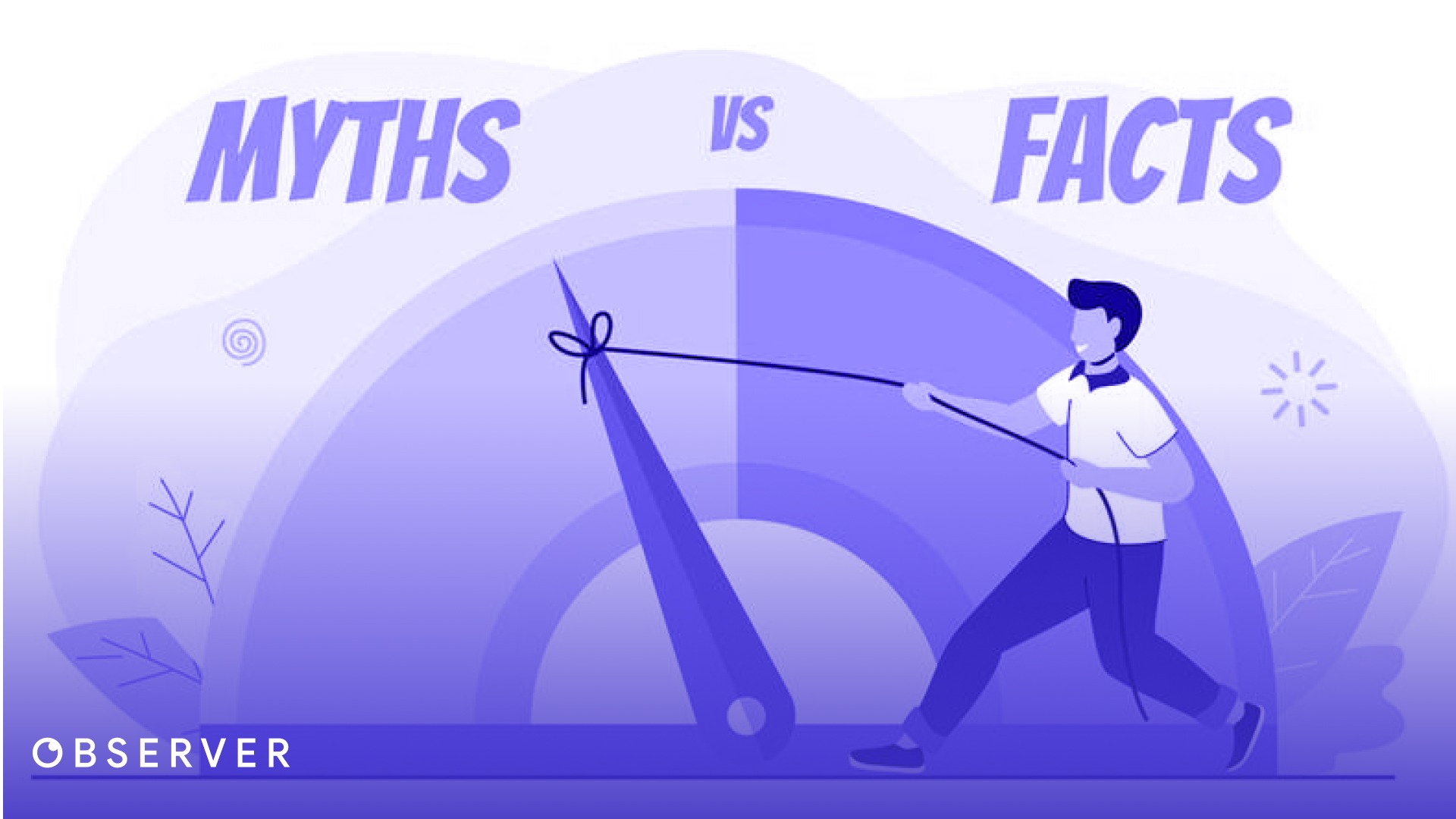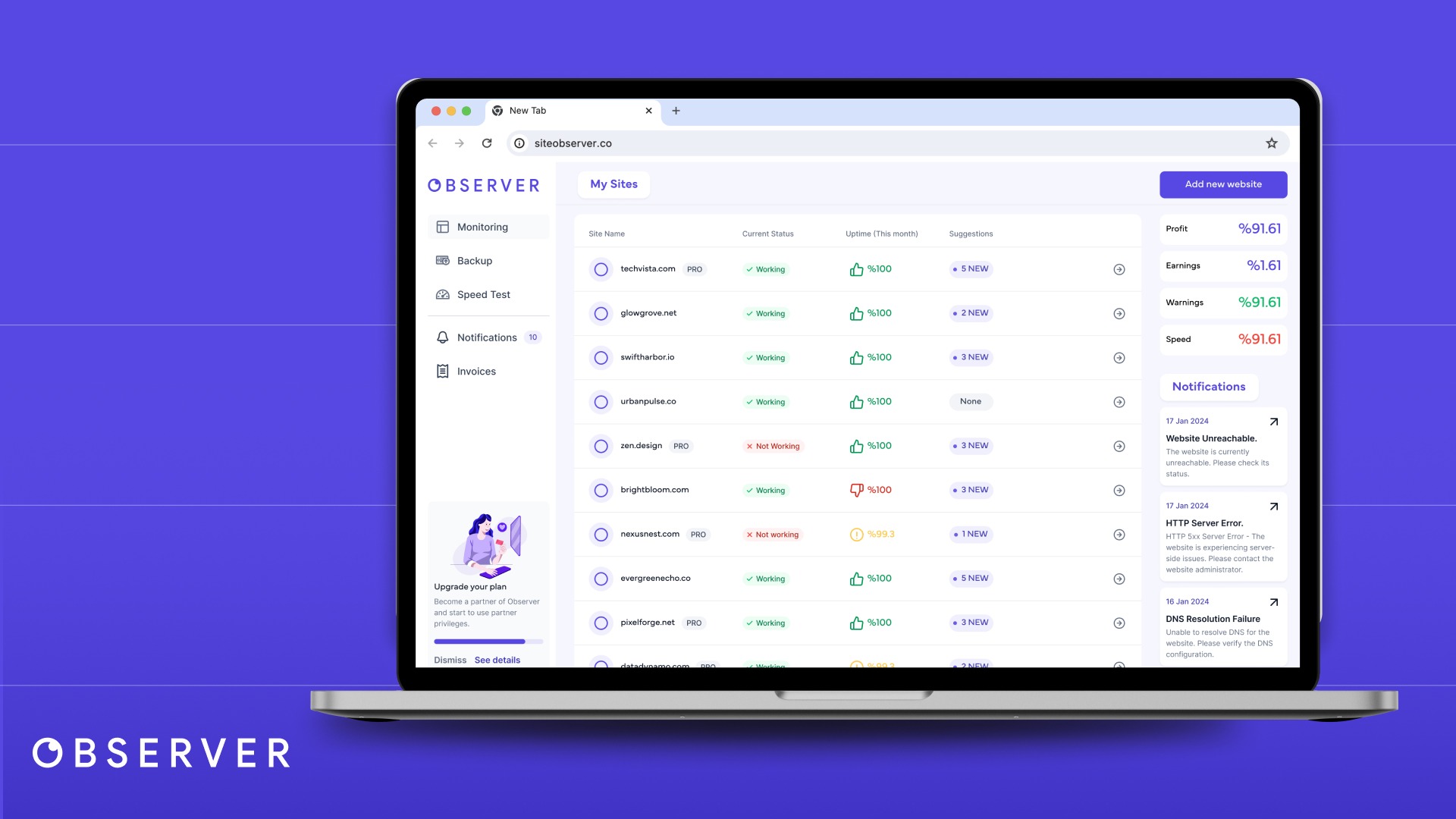10 SEO Secrets They Won’t Tell You (But You Should Know)
Discover the hidden truths behind SEO that can transform your website’s performance.

SEO. It’s the magic secret for getting your website seen by everyone, right? Well, not exactly. The truth is, there’s quite a bit of mystery surrounding SEO. There’s no official rulebook, and a lot of conflicting advice out there.
Today, we’re busting down some common SEO myths and revealing some not-so-secret secrets that can actually help your website thrive. Buckle up, because we’re about to tackle some surprising truths about ranking, traffic, and what really matters when it comes to SEO success.
1. You do not Need SEO to Rank on Google
Here’s the surprising truth: you technically don’t need a ton of fancy SEO tactics to show up in search results. Google’s constantly on the hunt for new, informative content. If you focus on creating high-quality content that genuinely helps people, there’s a chance it could rank well naturally.
Think of it like this: imagine you write an amazing blog post that perfectly answers a question someone might search for. Google, like a curious librarian, stumbles upon your post while indexing the web. It sees the valuable information you’ve provided and decides to include your post in its search results.
By using clear language, structuring your content logically, and focusing on relevant keywords, you’re essentially helping Google understand what your content is about. This makes it easier for Google to connect your content with the right search queries, ultimately increasing the chances of people finding your awesome work. It’s not about manipulating Google’s algorithm, but rather making your content easily understandable by both users and search engines.
2. Traffic Doesn’t Guarantee Conversion
High visitor numbers don’t always translate into sales. This is a common misconception in the digital marketing world, where the focus is often on driving as much traffic as possible without considering whether it’s the right kind of traffic.
A few years back, I worked with a client who sold hearing aids. Eager to boost his site’s visibility, he invested heavily in SEO and managed to rank at the top for the term “ear.” This achievement did indeed flood his site with traffic, but it didn’t lead to an increase in sales. Why? Because most people searching for “ear” were not looking to buy hearing aids. They were likely looking for information on ear health or ear problems, which illustrates a crucial point: not all traffic is valuable.
It’s important to target keywords that not only attract visitors but attract the right kind of visitors—those who are actually interested in what you’re offering. This mismatch between the traffic and the product offerings highlights the need for targeted, strategic SEO that focuses on conversion, not just rankings.
3. Ranking High Quickly Is Rarely Sustainable
Quick-ranking techniques often rely on exploiting loopholes in search algorithms—practices known in the SEO world as ‘black hat‘ methods. These might include keyword stuffing, cloaking, or using private link networks. While such strategies can rocket a website to the top of search results momentarily, Google’s algorithms are constantly updated to detect and penalize these tactics. When caught, sites can experience severe drops in ranking or even get de-indexed entirely, wiping out all prior gains.
Moreover, even legitimate methods that push a site up the rankings rapidly, such as viral content or trending keywords, don’t guarantee long-term success. Trends can fade, and viral content can quickly lose its appeal, leading to a significant drop in traffic over time. Sustainable SEO requires a commitment to quality content, ethical optimization practices, and a consistent strategy that aligns with Google’s guidelines. Building authority and trust organically tends to yield more stable and lasting results, ensuring that a site remains resilient against algorithm changes and industry shifts.
4. Long-Tail Keywords Are Often More Valuable Than Short Ones
Long-tail keywords are often more valuable than shorter, more generic keywords, especially in a competitive digital landscape. Long-tail keywords are phrases that are more specific and usually longer than three words. They tend to have lower search volumes, but they also have lower competition and higher conversion rates. This is because users searching with long-tail keywords typically know exactly what they’re looking for, making them closer to a point of purchase.
For example, a user searching for “shoes” may just be browsing, but a user searching for “women’s black running shoes size 8” is likely ready to buy. By targeting long-tail keywords, businesses can attract more qualified traffic—visitors who are more likely to convert into paying customers. Additionally, long-tail keywords help you to rank more quickly and effectively because of their specificity; there’s simply less competition for these terms compared to more generic, highly sought-after ones.
Incorporating long-tail keywords into your SEO strategy not only improves your chances of ranking well in search results, but it also aligns your content more closely with the specific needs and intents of your audience, ultimately enhancing user experience and conversion rates.
5. Google Doesn’t Publicly Disclose All Ranking Factors
Google doesn’t publicly disclose all of its ranking factors, maintaining some secrecy to prevent manipulation of search results and ensure the highest quality content surfaces to the top. While it confirms some factors like content relevance and page speed, the exact details of its complex algorithms, which include over 200 major factors, remain largely under wraps.
This lack of full transparency leads to a lot of speculation and myths in the SEO community, as professionals continually adapt to best practices and observed changes.
Focusing on overall website quality and user experience remains the best approach, despite the uncertainties surrounding the full array of Google’s ranking criteria.
6. Technical SEO is Crucial (But Often Overlooked)
Technical SEO is crucial for your website’s success, yet it’s often overlooked in the rush to focus on content and backlinks. Before you embark on broader SEO strategies, make sure you’ve laid a solid foundation by perfecting the technical aspects of your website. This means ensuring that your site’s coding is clean, the architecture is navigable, and performance issues like loading speeds are optimized. Attention to these details not only enhances the user experience but also significantly boosts your site’s visibility to search engines.
Essentially, before you start your SEO adventure, make sure you’ve done your part perfectly on the technical front. Prioritizing technical SEO sets the stage for all other optimization efforts, making them more effective and easier to implement.
7. Links Aren’t Everything (Anymore)
Links have long been considered a cornerstone of SEO, with the foundational idea that more referenced content is of higher value. This principle was crucial when Google first designed its ranking algorithms, essentially viewing backlinks as votes of confidence from one site to another. However, the importance of links has evolved and somewhat diminished over time. While they remain significant, their impact on search rankings isn’t as straightforward as it used to be.
This change is largely due to the ways in which link-building strategies have been manipulated. To combat this, Google has refined its algorithms to better discern the quality and context of links, prioritizing those that are gained organically and are relevant to the content. This shift means that the sheer number of links is no longer as influential as the quality and relevance of those links. As a result, focusing solely on link-building without considering the organic engagement and relevance of those links can lead to diminishing returns in SEO efforts.
8. Google’s Algorithm Changes Frequently
Google’s algorithm undergoes frequent changes, often adjusting multiple times in a short period as part of its ongoing efforts to enhance search results and overall user experience. These modifications can be minor or quite substantial, potentially reshaping search rankings significantly. The core goal of these updates, however, remains consistent: to reward high-quality, relevant content and penalize manipulative SEO practices.
If you find a way to manipulate rankings and succeed temporarily, be aware that this success is likely to be short-lived. As Google continues to refine its algorithms, tactics that skew results without providing real user value are quickly identified and downgraded. Staying focused on ethical SEO practices aligned with Google’s objectives is essential for long-term success.
9. Focus on Users, Not Just Rankings (You Can’t Fool Google Easily, Anymore)
Think of SEO as a triangle involving three parties: you as the website owner, Google, and the user. Users are on a quest for the most relevant and valuable information; Google’s aim is to connect them with content that best meets their needs. As a website owner, if you focus on providing genuinely valuable and relevant content, you’re working in harmony with both Google and your visitors. This approach aligns your goals with Google’s, facilitating a smoother journey toward achieving better rankings and user satisfaction.
However, if you attempt to manipulate or deceive both Google and your users, you’ll find it a challenging and ultimately unsustainable strategy. Working with the system by enhancing user experience is not only easier but also more rewarding in the long run.
10. SEO is a Marathon, Not a Sprint
Forget the overnight success stories. SEO is a long-term game. Achieving and maintaining high search engine rankings requires a long-term, sustained effort rather than quick fixes. Effective SEO strategies involve consistent content creation, regular updates, and ongoing adjustments based on algorithm changes and analytics. This approach ensures that your site remains relevant and competitive over time. Patience and persistence are key, as significant results often don’t appear overnight but gradually improve as you refine your tactics and align more closely with what search engines and users are looking for. Investing in SEO as a continuous process rather than a one-time setup will yield the most beneficial and durable results.
Select free plan to meet or have a powerful assistant that includes all our features.



